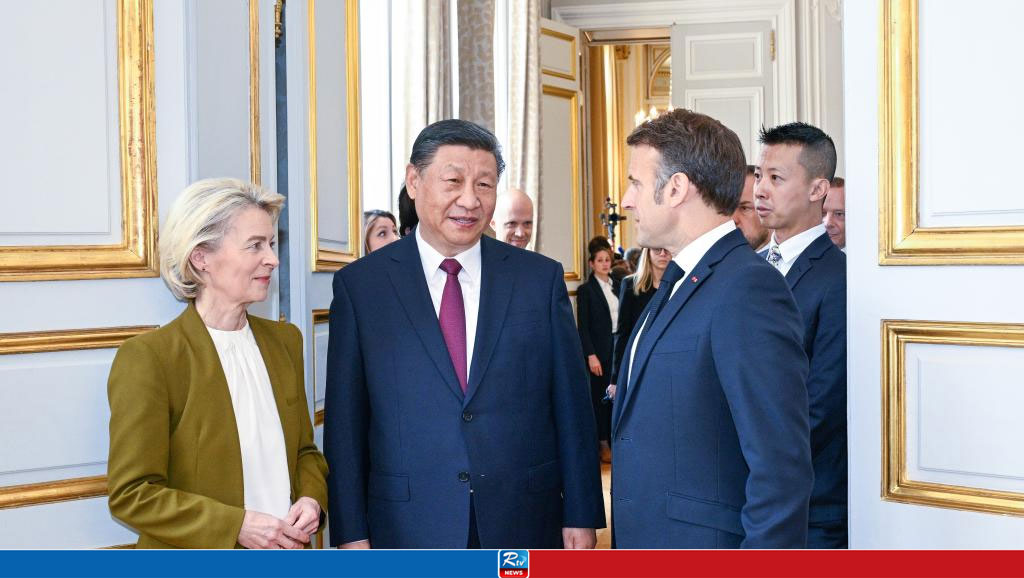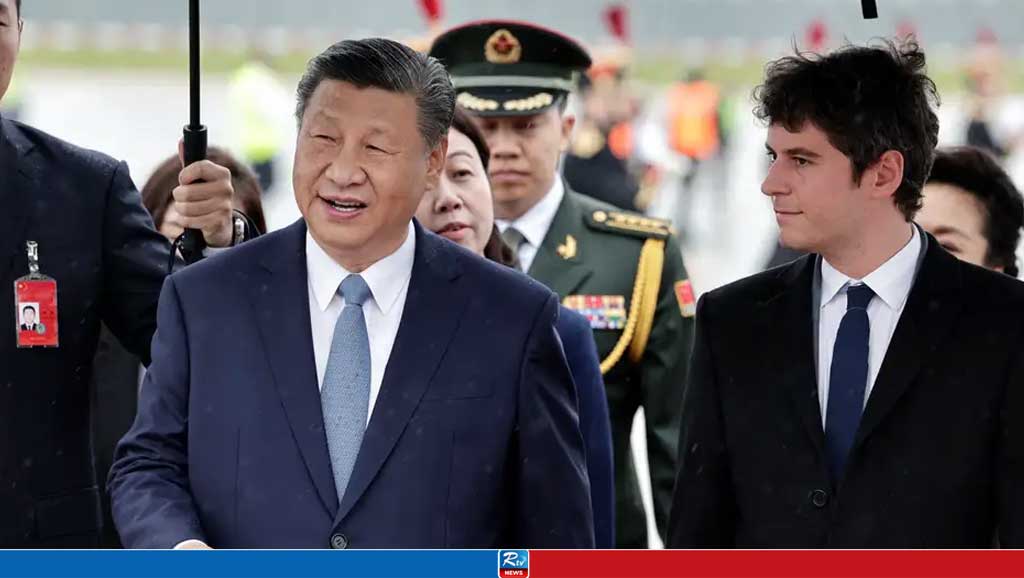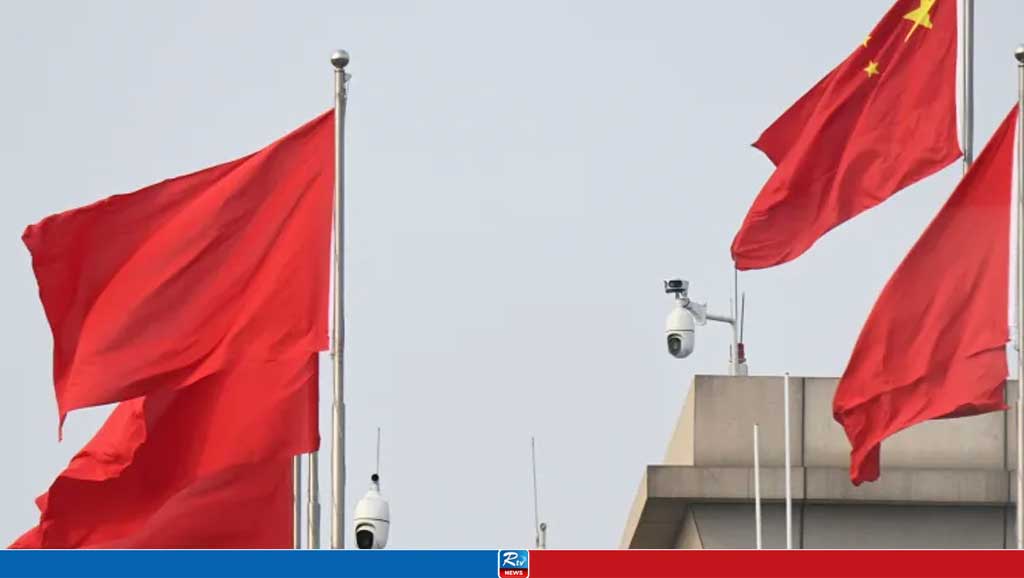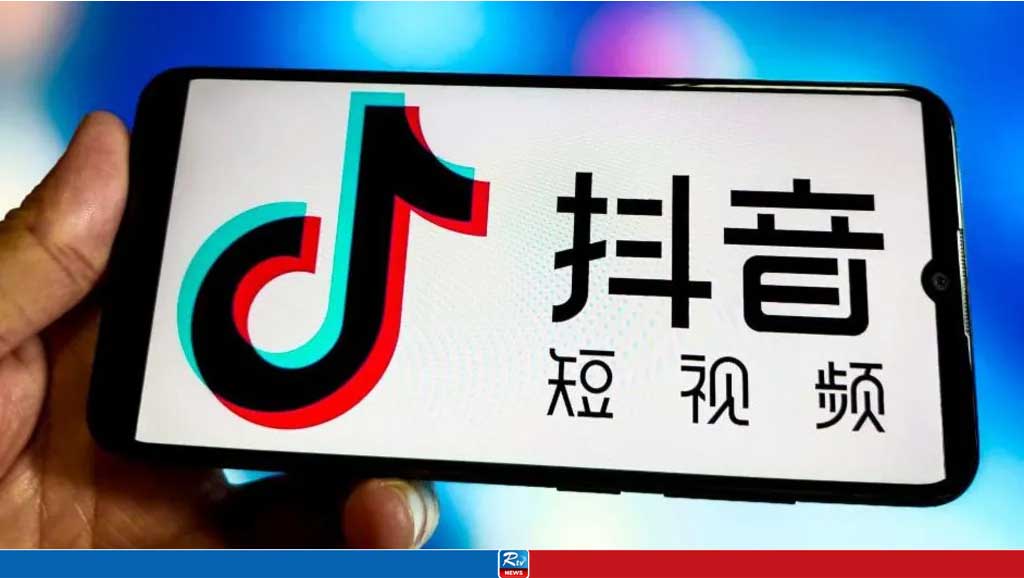The US – China Equation is Essentially Prone to Embroilment
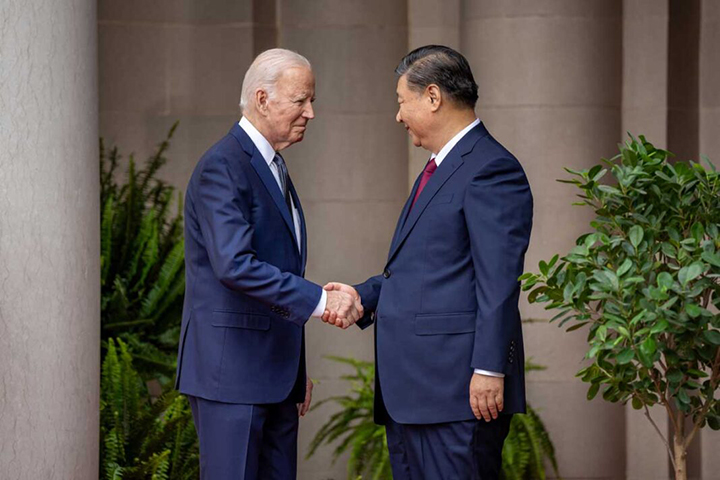
The highlight of the recent Asia-Pacific Economic Cooperative (APEC) Leaders’ Meeting in the United States, was the bilateral talks between Presidents Biden and Xi Jinping of the People’s Republic of China. This also marks President Xi’s first visit to the US in six years. Both Presidents have presided over what has become an extremely hostile and competitive relationship. From last year’s spy balloon incident, to the more recent American imposition of restrictions on sharing technology, US China relations had reached a new low. Tensions over Taiwan that still continue, and despite it all, they sat down. Before departing for San Francisco, Biden told reporters at the White House “What we’re trying to do is change the relationship for the better.” As Xi Jinping arrived in California for talks with leaders, there were big smiles and warm handshakes and a visible effort to bring affability into the bilateral equation.
Can these rivals together get a handle on a world of growing conflicts? The US and Chinese Presidents met for the first time in more than a year to stabilise their own downgraded relations at a time when superpowers are feeling the pull factor of many wars; first the war in Ukraine and now in the Middle East, and to that their own stand offs in the Pacific over Taiwan and in the South China Seas. As the Presidents who head the world’s most powerful economies, sat down in San Francisco on the sidelines of the APEC summit, the intention was clear – to bring a sense of rationality into global affairs. To paraphrase US President Joe Biden, “We have to ensure that competition does not veer into conflict.”
In a breakthrough for the US, China has agreed to curtail shipments to Latin America and elsewhere of the materials used to produce fentanyl, which is largely finished in Mexico and then smuggled into the US. Xi responded to American concerns about the flow of opioid precursors by acknowledging that fentanyl is a major cause of the drug epidemic, “China sympathises deeply with the American people, especially the young, for the sufferings that fentanyl has inflicted upon them.” This itself marks a major change from previous attitudes China had towards US accusations of fentanyl export. Last year the Chinese Foreign Ministry criticised the U.S. for blaming China for the precursors, saying they’re “ordinary chemicals sold through normal trade.”China says it will target companies reducing the chemicals which drug cartels used to make deadly opioids.
The ‘most important and sensitive issue’ at the APEC summit was undoubtedly Taiwan. Media reports indicate that as Biden chided China over its massive military buildup around the island, Jinping assured him that China has no plans to invade Taiwan but urged Biden to support China’s ‘peaceful unification’ with the self-governed island. The superpowers have agreed to resume military communications severed by Beijing. Founder of the microchip giant Taiwan Semiconductor Manufacturing Company Morris Chang, who has for years represented the self-governing island at the APEC summits because of a diplomatic embargo imposed on it by Beijing, has suggested that the Biden-Jinping meeting could help to promote economic stability and reliable supply chains.
One of the things that received a lot of attention is US President Biden’s reference to his Chinese counterpart as a “dictator.” Watching the video clip, the branding does not appear to be a planned strategy, as Biden appears to have reacted to the media, which was goading him. He immediately couched it into a longer sentence about, “in the sense that he’s a guy who runs a country that is a communist country that’s based on a form of government totally different from ours.” Nevertheless the instantaneous branding of President Xi, by Biden undermines the essentially different styles of governance and functioning that the US and China have. Previously in June during a campaign fundraiser in California, Biden had labelled Xi a “dictator”, drawing condemnation from Beijing. But this time rather than attacking Biden personally over the remark, the Chinese foreign ministry opposed it by stating that “there will always be some people with ulterior motives who attempt to incite and damage US-China relations, they are doomed to fail.”
The Biden-Xi meeting is no doubt a stabilising moment especially given that the US has been on a very unconstructive path vis-a-vis China during the first years of the present administration. The question is, can the world feel reassured as these rivals, who are also trade partners, resume a conciliatory posture. Indeed none of the summit participants are rooting for more confrontation. The timing of Xi Jinping’s visit to the US and efforts to work out differences, coincides with the first quarterly deficit in China’s foreign direct investment. The country is yet to rebound fully from the COVID-19 pandemic, beside which it faces high youth unemployment and massive debts borne by an overextended housing sector. The sudden and unexplained removals of his foreign minister and defence minister have shrouded China’s current political process in mystery. These and China’s deteriorating global image have raised questions about Xi’s decision-making forcing him to reevaluate its relations with America.
President Xi Jinping received a standing ovation by the business leaders who are interested in continuing to develop the global trade that comes out of the Asia Pacific region and removing barriers to trade. In his address to business community leaders President Xi talked about China being a big market and also a friend to the United States. There are already something like 3000 new protectionist measures in the last year and that is what the business community wants to see the leaders to end. But the reality is that global supply chains have begun to unravel movement in terms of US engagement with Asia, principally in semiconductor, has already begun. For some time now US companies have become more negative than they’ve been in a long time about doing business in China. This sentiment is reflected in China’s annual survey AmCham in which the majority of its more than 900 members no longer regard China as a top-three investment priority.
So it is doubtful if the conciliatory behaviour will actually translate into meaningful cooperation. China envisages itself as the centre of cultural, political and economic life in the Asia-Pacific, and it is unlikely to give up what it imagines is a ‘historical’ claim.
On the China issue, the opinion ranges to extremes; sometimes it is believed that China is an economic giant threatening the US at every point and on the other hand it is often portrayed to have reached its peak whose economy is slowing with rising unemployment and deflationary property bubble. After the Biden-Xi meeting some analysts have gone so far as to say that there is no deep reason for any kind of conflict between these two countries and so the idea of containing China is in fact absurd. While the relationship may not be entirely a zero sum game, to state that the geopolitical risk premium around China may have collapsed is taking it too far. There is certainly some truth to the fact that China has economic problems and that is why president Xi wants to have reduced tensions with the US and a successful summit to stabilise relations.
All in all, China has never made a secret about its hope to be the dominant nation by 2049, the year that marks the centennial of the communist party. There is nothing to show that China has changed its intention at all and indeed the way they are backing Russia in Ukraine and the way they have positioned themselves in the Middle East shows that they remain essentially at conflict with the United States.
(Vaishali Basu Sharma is an analyst of strategic and economic affairs. She has worked as a consultant with India’s National Security Council Secretariat (NSCS) for nearly a decade. She is presently associated with New Delhi based think tank Policy Perspectives Foundation.)
Comments

 Live Tv
Live Tv

